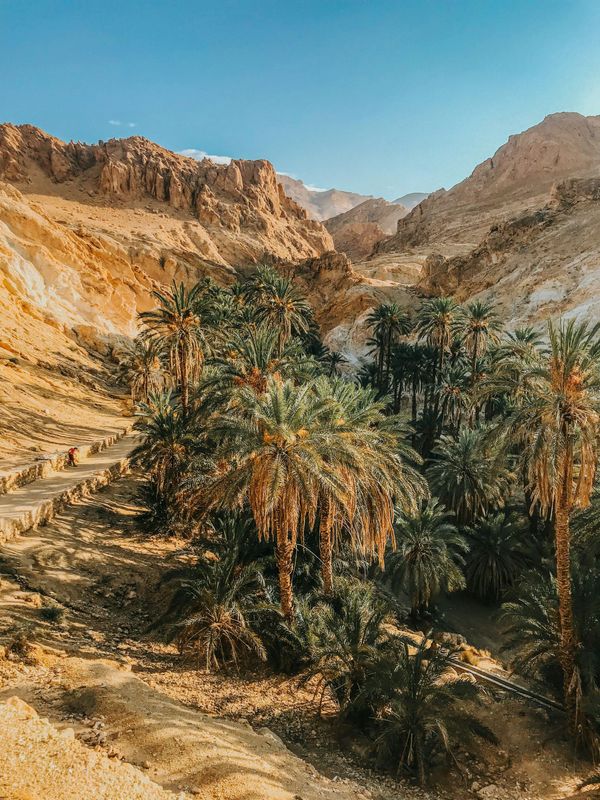Fake Seeds and Dead Livestock: Where’s the Justice in that?
By Thea Potter
The focus upon climate change (inferred though not always said, ‘anthropogenic’ climate change) has swindled us out of conservation and regenerative practises in agriculture and development. Just as the green washing of international corporations whitewashed the really green grass-roots local environmental activist movement, so the global climate change crisis well advertised throughout globalised mass media supplants local community attempts to use, restore and care for their land. The climate crisis is global and so we are told that only a global solution will do. Here I will pose what I believe to be the main problem of our time: Is the internationalised, institutionalised rhetoric of climate change and crisis anything more than justification for the final establishment of a global governance body whose real agenda is, in the best case scenario, the surveillance and control of every being upon this earth and, in the worst case, a diabolical plan to wrest biological identity and instinctual natural generation from all creatures, human animal and plant?
The year 2009, amidst financial crisis and the climategate scandal, witnessed the establishment of global governance in the form of the G20 (where richest nations convene in order to guarantee their future wealth) and the climate conference COP (where wealthy nations unite to distribute funds to poorer nations in order to maintain inequitable carbon use). What must be explicit in these two meetings is the dual purpose in which the wealthiest people in the world get together in a room in order to establish bodies of centralised economic and political power within their own socio-economic circles and the maintenance of poverty beyond them. This should be seen as nothing less than a monetary scam and a propagandised changeover to global governance. Emmanuel Kant’s earlier proposals for global governance were based upon the call for peace between nations and politically assured citizenship and liberty for all. That’s sweet sure, but crisis (and with it fear) is a much more effective tool of persuasion. Without the climate crisis as its callcard the project of global governance would be toothless. How else can control go global? In the case of the climate crisis the grounds for global power are the ground itself: one earth one government. And there is something almost pleasingly Aristotelian in this simple equation, that is until you have no politically sanctioned self-determination, no bodily autonomy, you’ll own nothing, have lost your income, your family, they’ve killed your chickens as a biohazard and you are not happy.
And for all you sceptics of scepticism, it doesn’t really matter which way ‘The Science’ goes, the global political and commercial agenda remains the same: total hegemonic control with the little people footing the bill. In any case, I’m not saying that humans are not capable of horrendous acts of destruction, we are certainly doing one hell of a job at contaminating and blighting our food, air and water supplies. But we are also capable of astonishing acts of generosity and solidarity, and more often than not it is good rather than evil that motivates us to act. Those espousing climate crisis tend to focus sanctimonious attention, distaste, distress upon the evils of humanity, with the underlying implication being that humans are at root little more than a cancerous growth upon the earth’s surface *Speak for yourself! It is important however, always to keep in mind that humans are an essential part of the carbon cycle and despite Cartesian philosophy and reductionist science’s attempts to mechanise the natural world while rationalising the human mind into the abstract position of a demiurgic god, we remain one with the earth, created, fed, nourished by her and returning to her to feed and nourish others. The climate crisis platform is unfortunately being used all too often as a platform to reduce not only detrimental human activity, but the human presence as a whole upon this earth.
The foundations, corporations and governing bodies that are now pushing the climate change agenda not long ago were pushing for a ‘Green Revolution’ in Africa (AGRA) and India, which saw big business seeking out new markets by introducing technologies and products that made monoculture agriculture practicable (in the short term), thereby pushing small farms to the wayside, if not out of business. The result has of course been the dependence of these monoculture farms upon these new technologies, chemicals and patented seeds which are now being sold to them at impossible, life-destorying prices, and which essentially have the disastrous result of depleting the soil of beneficial organisms, contaminating water supplies with toxic chemicals, eliminating the biodiversity both of agricultural seed and the native insect and plant populations, as well as the tragic individual debt and suicides of farmers (a complex otherwise known as ‘biopiracy’).
But what if the anthropogenic climate change crisis was the platform required to set up global governance bodies? Would it not look something like the preceding step to what is happening now, with another crisis, the global health crisis, being used if not created in order to side-step national sovereignty entirely with another global biosecurity governance body (WHO/WEF) in favour of instituting biosurveillance as a global norm? And we know that a single foundation and a major donor (Gates) to the WHO is also funding media outlets, journalist schools, health and research institutes and so forth. In other words the media really is the message, but not as McLuhan said, but rather in a Big Brother, Ministry of Truth kind of way, with the total saturation of information, interpretation and knowledge (as was the suggestion in Event 201, purely coincidentally sponsored by WEF and Gates). This is why our only hope is open source. In the face of information hegemony our best weapon is to insist upon the free and open exchange of knowledge and ideas and hope against hope that reasoned argument, love and care for one another and the earth we are part of will prevail.
One thing that can be said about anthropogenic climate change is that scientific and public debate has been effectively quashed, while the actual data (if they let you see it, which they don’t) remains equivocal, for the single reason that scientific reasoning and research has never rested upon indubitable foundations such as ‘consensus rules’ (check out quantum theory for example, or Sheldrake’s concept of morphic resonance!). As we ought to have learnt over the last three years, at least, censorship rarely occurs when topics are unambiguous. And therefore in the name of empiricism (science by another name) the debate must be left open, if only to reassure us that our actions to modify or alleviate such a global problem are pursued along correct lines. In which case when something like ‘Climate Justice’ is raised we are able to acknowledge the complexity of human activities and interactions within natural earth systems and recognise that there are never only two sides so long as the jury is out (and who owns the jury anyway?). The legend ‘Climate Justice’ implies that debate is no longer necessary and now is the time for actionable judgement, affirming right and wrong, good and bad and that the culprits have been found guilty and tried. Now I might well have in my mind an idea about who the culprits are in the denigration and devastation of our most intimate connection with mother earth, but I assure you it is not the little kid in the café drinking orange juice through a straw nor the harried father who put the recyclable milk bottle in the wrong bin.
Real Climate Justice, though I dislike the holier-than-thou connotations of the term, would obviate the need for the interventions of globalist governance bodies, corporations, banks, foundations by empowering local communities to care for, conserve and regenerate their micro-climates and, by keeping the globalising wolves at bay, enrich their bodies and souls as well. Instead, under the guise of fighting climate change what we are seeing is an explicit profiteering that surrounds the environmental movement in favour of technological enhancement and advancement, bioengineering fake foods and shoddy medicines, the obliteration of the small-scale farm and the on-land farmer by mass landholdings and the largest land-grab in history, the destruction of seed biodiversity with patents and property rights going into the hands of big agrobusiness, subsidies granted to companies who create faux green energy solutions as well as promoting agrochemicals and fertilisers, unequal water use rights, all the while manipulating the theft of the global commons. And amongst all of the money splashed around in the name of climate change, there is little if any going towards genuine attempts at regenerative farming practises that do not deplete soil and water and seed supplies, such as small-scale farming, permaculture, traditional farming techniques, syntropic food forests and so forth.
The question that ought to dominate the mind of any environmentally concerned reader should be whether or how soon ‘climate justice’ will be transmogrified into surveillance and control of individuals, the eradication of small-scale farms in the name of ‘crisis alleviation’ (already happening), by and to the benefit of companies and governing bodies selling us the final solution to the climate crisis, the very same companies who dominate land-ownership, agrochemicals and technologies, engage in the fabrication of products and experiences to placate the masses, and own the platforms where we are (no longer) able to discuss such hegemonies. So yes of course knowledge is power and we must do everything we can to maintain open channels of communication, especially when this is difficult and there are more than ever high chances of ridicule and disparagement when we verge away from the accepted prevailing narratives.
Thea Potter is the author of 'Horos: Ancient Boundaries and the Ecology of Stone', an Open Access title available to read and download for free. Access:

Photo by fikry anshor on Unsplash
Opinions and thoughts expressed reflect only the author's views




